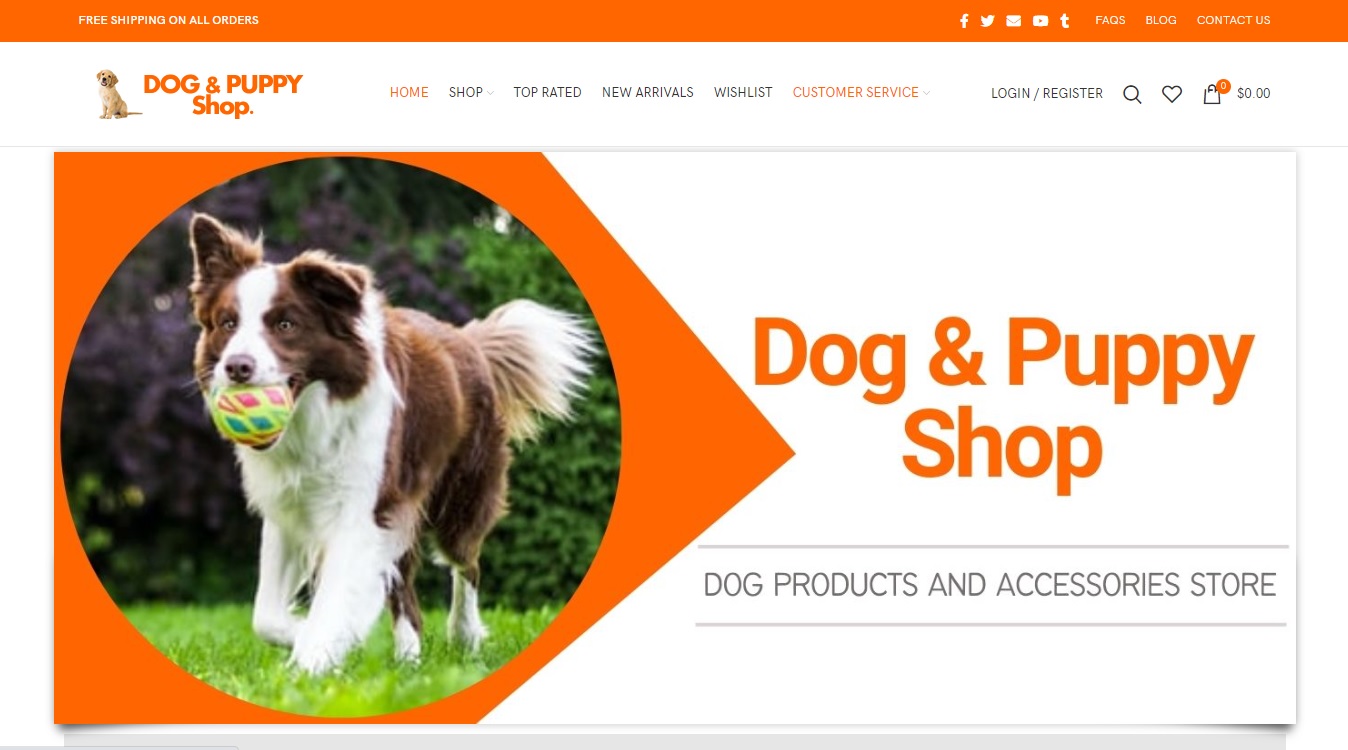Profitable Websites for Sale

Ecommerce 101: Insider Tips for Beginners to Thrive Online
In today’s digital age, ecommerce has become an essential part of doing business. With more and more consumers turning to online shopping, it’s no surprise that ecommerce has grown rapidly in recent years. Whether you’re starting a new online store or looking to improve your existing one, there are several key tips and strategies that can help you thrive in the competitive world of ecommerce. In this article, we will provide insider tips for beginners to help you succeed in the ecommerce industry.
1. Choose the Right Ecommerce Platform
One of the most important decisions you’ll make when starting an online store is choosing the right ecommerce platform. There are many options available, each with its own set of features and capabilities. When selecting a platform, consider factors such as ease of use, customization options, pricing, and scalability. Popular ecommerce platforms include Shopify, WooCommerce, Magento, and BigCommerce. Take the time to research and compare different platforms to find the one that best suits your needs.
2. Optimize Your Website for Mobile
With the increasing use of smartphones and tablets, it’s essential to optimize your ecommerce website for mobile users. Make sure your site is responsive and mobile-friendly, with easy navigation and fast loading times. Mobile optimization not only improves the user experience but also helps with search engine rankings, as Google now prioritizes mobile-friendly websites in its search results.
3. Create High-Quality Product Images and Descriptions
When shopping online, customers rely on product images and descriptions to make purchasing decisions. To showcase your products effectively, invest in high-quality images that highlight their features and benefits. Write detailed and compelling product descriptions that provide valuable information to customers. Clear, concise, and accurate descriptions can help build trust and encourage conversions.
4. Implement Search Engine Optimization (SEO) Strategies
SEO is vital for driving organic traffic to your ecommerce website. By optimizing your site for relevant keywords, you can improve your ranking in search engine results and attract more visitors. Research popular keywords related to your products and incorporate them into your website content. Create unique, valuable, and relevant content that engages your target audience and encourages them to explore your site further.
5. Offer Secure Payment Options
Security is a top concern for online shoppers, so it’s essential to provide secure payment options on your ecommerce website. Offer multiple payment methods, including credit cards, debit cards, PayPal, and other trusted payment gateways. Implement SSL encryption to protect customer data and create a safe shopping environment. Display trust badges and security seals to reassure customers that their personal information is safe and secure.
6. Provide Excellent Customer Service
Excellent customer service is key to building trust and loyalty with your customers. Offer multiple channels for customer support, such as live chat, email, and phone, to address questions and concerns promptly. Be responsive and helpful in resolving customer issues, and strive to exceed their expectations. Positive interactions with customers can lead to repeat business and referrals, helping your ecommerce store grow.
7. Utilize Social Media Marketing
Social media platforms are valuable tools for promoting your ecommerce store and engaging with customers. Create profiles on popular social networks like Facebook, Instagram, Twitter, and Pinterest to showcase your products and interact with your audience. Share compelling content, run targeted ads, and engage with your followers to build brand awareness and drive traffic to your website. Social media marketing can help you reach a larger audience and generate sales opportunities.
8. Monitor Your Analytics and KPIs
Tracking key performance indicators (KPIs) and analytics is essential for evaluating the success of your ecommerce store. Monitor metrics such as website traffic, conversion rates, average order value, and customer retention to identify areas for improvement and measure the effectiveness of your marketing efforts. Use tools like Google Analytics and ecommerce platforms’ built-in analytics to gain valuable insights into your store’s performance and make data-driven decisions.
9. Offer Discounts, Promotions, and Loyalty Programs
Discounts, promotions, and loyalty programs are effective strategies for attracting new customers and retaining existing ones. Offer discounts on first-time purchases, seasonal promotions, and exclusive deals to incentivize customers to buy from your store. Create a loyalty program that rewards repeat customers with discounts, points, or special perks. These incentives can increase customer engagement, drive sales, and foster loyalty to your brand.
10. Continuously Improve and Adapt
The ecommerce industry is constantly evolving, so it’s crucial to stay informed about trends, technologies, and best practices. Keep an eye on your competitors, analyze market trends, and gather feedback from customers to identify areas for improvement. Experiment with new strategies, test different approaches, and iterate on your tactics to stay ahead of the competition. By continuously learning, adapting, and innovating, you can position your ecommerce store for long-term success.
FAQs
Q: How much does it cost to start an ecommerce store?
A: The cost of starting an ecommerce store varies depending on factors such as the ecommerce platform, website design, domain name, hosting, and marketing expenses. You can start a basic online store for as little as a few hundred dollars, while more advanced setups can cost several thousand dollars.
Q: Do I need technical skills to launch an ecommerce website?
A: While some technical knowledge is helpful, many ecommerce platforms offer user-friendly interfaces that make it easy for beginners to set up and manage their online stores. You can also hire web developers or designers to help with more complex tasks if needed.
Q: How long does it take to build a successful ecommerce store?
A: Building a successful ecommerce store takes time and effort. It’s essential to research your market, develop a solid business plan, and execute effective marketing strategies. While some businesses see rapid growth, others may take months or even years to achieve significant results.
Q: What are the best practices for ecommerce customer service?
A: Provide multiple channels for customer support, such as live chat, email, and phone, to address questions and concerns promptly. Be responsive, helpful, and courteous in resolving customer issues, and strive to provide a positive shopping experience for every customer.
Q: How can I increase traffic and sales to my ecommerce store?
A: To increase traffic and sales to your ecommerce store, focus on SEO, social media marketing, content creation, email marketing, and online advertising. Offer discounts, promotions, and loyalty programs to attract new customers and retain existing ones. Continuously monitor analytics and KPIs to optimize your marketing efforts and improve your store’s performance.
In conclusion, starting and growing a successful online store requires careful planning, persistence, and a willingness to adapt to changing market conditions. By following the insider tips and strategies outlined in this article, beginner ecommerce entrepreneurs can navigate the competitive landscape, attract customers, and drive sales to build a thriving online business. Remember to stay informed about industry trends, monitor your analytics, and provide excellent customer service to position your ecommerce store for long-term success.












